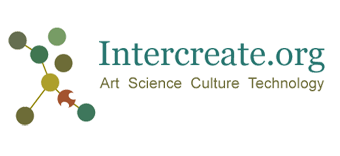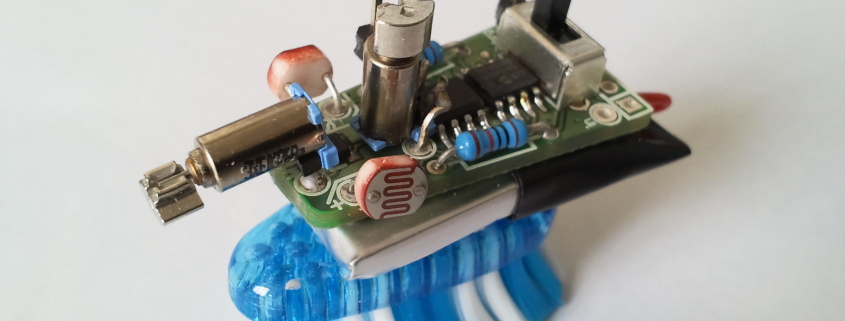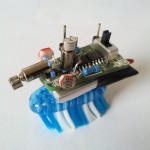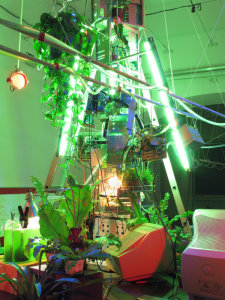Open Workshop Day
Date: 16th of January, 2011
Time: 9.00am marae welcome (Please be prompt).
Location: Owae Marae, Waitara, Taranaki
Come Along and Join Us for the Day!
As a way for the event to feed into and encourage existing local energies, the third day of the hui/symposium will be an open day where everyone is welcome to come and join.
Below are some of the workshops currently planned from symposium & residency participants. To help us organise for the right numbers, please register your interest for any of these workshops here.
Workshops
Stone soup – Sophie Jerram
Please bring an ingredient for lunch. Bring some carrots you have picked, a herb you love, or a local delicacy or food item from your region – it doesn’t have to be home grown. Come with a small story as to why you have brought it and energy to prepare the food. We will create some alchemy in the kitchen.
Location: Wharekai/Kitchen Duration: 3 hrs
Materials: Bring an ingredient, however much you would like.
Toothbrushes of Perception — Michael Paulin and Andrew Hornblow
Mike Paulin Associate Professor of Zoology at Otago University will talk about the beginings of perception and the evolution of the first animals and nervous systems over 500 million years ago, relating this to emergent behaviour in simple robots. He is joined by robotics educator Andrew Hornblow to lead a bristlebot workshop where you can learn how to create a small fast moving robot. Suitable for children, youth and adults. Material fees to be announced. With thanks to Greenbench.org.
Previous Toothbrushes of Perception workshop at Greenbench
Duration: 2 hours
Materials: Kits are $4.
Discussion of Biomodd Project — Angelo Vermeulen
Angelo will talk in greater depth about the Biomodd workshop project, a collaborative design workshop between technologists and those knowledgeable in plants and ecologies, to design an integrated system. (Interested? Participants can sign up now!).
On sunday, Angelo wishes to invite discussion from symposium participants and local people around the region to discuss the ideas of the project, ideas around man’s relationship with nature, and to learn about the relevant local cultural mythologies and stories, arts, conceptions of ecologies. Definitely join for the discussion if you are interested to attend the workshop. Local participants are also encouraged to see if they might have any of the materials required handy, that you could bring along!
Duration: Up to 2 hours
Workshops Information: Biomodd Workshop
Workshop Materials Requested
Meke my Waka Paika — Jonah Marinovich
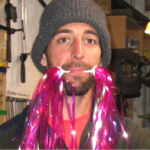 Green Bikes is a community bike recycling scheme (fixing, modding, reselling very cheap or giving away) which Jonah Marinovich will be running a mini version of in New Plymouth during the SCANZ 2011: Eco sapiens event. On sunday Jonah will be demonstrating how to make a streel trailer for your bike. You can go here to learn more of what Jonah will be doing as part of the Miniature Green Bikes scheme over the two weeks following the SCANZ symposium.
Green Bikes is a community bike recycling scheme (fixing, modding, reselling very cheap or giving away) which Jonah Marinovich will be running a mini version of in New Plymouth during the SCANZ 2011: Eco sapiens event. On sunday Jonah will be demonstrating how to make a streel trailer for your bike. You can go here to learn more of what Jonah will be doing as part of the Miniature Green Bikes scheme over the two weeks following the SCANZ symposium.
Time: Intermittently all day.
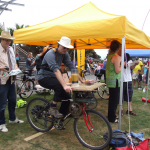 Live Food Café — Dhyana Beaumont
Live Food Café — Dhyana Beaumont
Come and join Dhyana for food-foraging expeditions, and then learn how to make yummy smoothies out of leafy greens that even your kids would love! Pair that up with her pedal-powered bike blender, and you’ll be able to imagine your kids making YOU breakfast in the morning. Dhyana creates a connecting device between the power of fresh nutrient-rich food, and the pragmatic politics of finding or growing sources of fresh food today. As part of the food celebrations of the day, Dhyana will be demonstrating her green smoothie recipes with symposium participants and local people.
Materials cost: gold coin koha. Materials request: Local fresh ingredients welcome!
Time starting: 10am Duration: 2.5 hours
Thriving in a World of Complexity: using Living Systems Thinking — Andree Mathieu and Peter Goldsbury
On this workshop we will question long held assumptions and knowledge about how we make things happen in complex environments, communities and organisations where things are seldom black and white. That will involve us better understanding the nature of complexity itself, its networks, dynamics, ambiguities, patterns and how the new emerges within in it. In this domain we need to be prepared to replace our simple and complicated “problem solving” and “change management” processes with more effective ways involving networks, inter-dependence, win-win alliances and telling new stories that lead us towards the long term outcomes we all seek – far beyond just today’s sustainability practices. Living Systems Thinking is about taking lessons from nature and applying them (sometimes called Biomimicry). The Tipu Ake ki te Ora Organic Leadership model (www.tipuake.org.nz), the Cynefin Framework, a range of other participative exercises and fun will be used to help us do that. Its all about growing team behaviours and organic leadership that can exploit our collective wisdom and co-creative power.
Time: 2 hours
Terraquaculture – the beautiful landscapes of foresters, gardeners, fishers – Peter Heard
– the traditional farming system of the Pacific-Asia region
– farming the water flowing through the landscape
Peter Heard will do a further presentation and discussion of this ancient traditional farming system. Interested in the beauty and productivity of the method, Peter and his partner Kama Burwell are creating a terraquaculture farm on a corner of their family farm in Taranaki. Peter will share some of their learning about the system, and the visual culture that represents it.
Time: 1 hour
